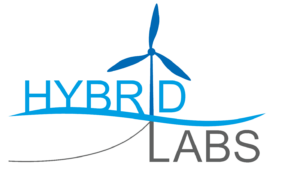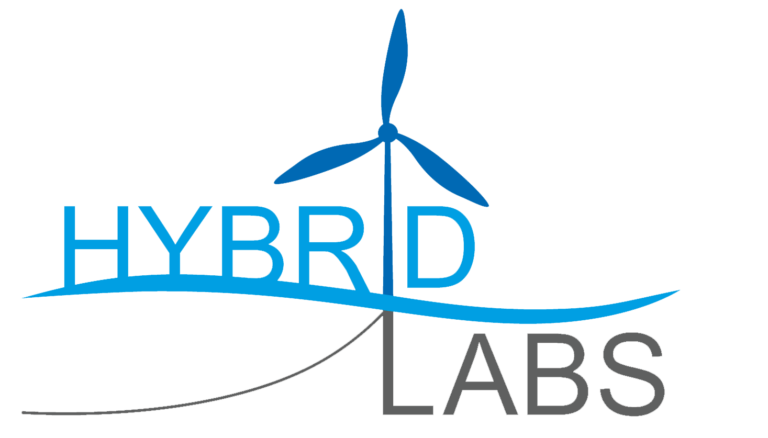
As offshore wind energy projects are highly complex, costly, and long-term by nature, numerous types of legal issues may arise during their planning, tender, construction, and operation phases. Examples of some of these legal issues have already arisen, while examples of others have not yet occurred as of the time of writing, since these projects -or at least certain parts therein- are fairly new. Floating offshore wind (FOW) as an emerging and innovative technology has a significant potential to contribute to global decarbonization strategies. However, the legal frameworks are often not adjusted to this technological development.
According to EU Sustainable Development Strategy and Art. 11 of the TFEU, the principle of environmental integration should be taken into consideration in the design of all policies and activities, and incorporated into the relevant legislative instruments or decisions. It sets a positive obligation for the EU institutions to incorporate environmental considerations into other sectoral policies.That also includes the development of (floating) offshore wind energy policies that need to take into account environmental consideration when developing.
The successful deployment and scaling of FOW depends on navigating a complex landscape of interrelated legal and regulatory challenges. As these projects are located in marine environments that are often ecologically sensitive, it is essential that legal frameworks governing FOW include robust environmental safeguards. Despite this need, current regulatory regimes frequently fall short in effectively integrating environmental considerations into the FOW project life cycle. This is partly due to the fact that legal frameworks were designed with fixed-bottom turbines in mind and have not yet been adapted for floating technologies. In addition, lack of alignment between member states complicates further the consistent application of environmental safeguards. In other words, the development of a comprehensive legal framework must ensure that environmental protection is embedded across all phases of FOW development.
This research will focus on the life cycle of FOW from the planning and development to operationalization and finally the decommissioning phase of a FOW project and will look at it from the environmental protection perspective.
It will answer the main research question of “What legal framework should be implemented to maximise the environmental protection while enabling the development of floating offshore wind?”
Contact: a.m.pataki@rug.nl


Accelerating innovations in offshore renewables through data-driven hybrid labs.
@2025 HybridLabs